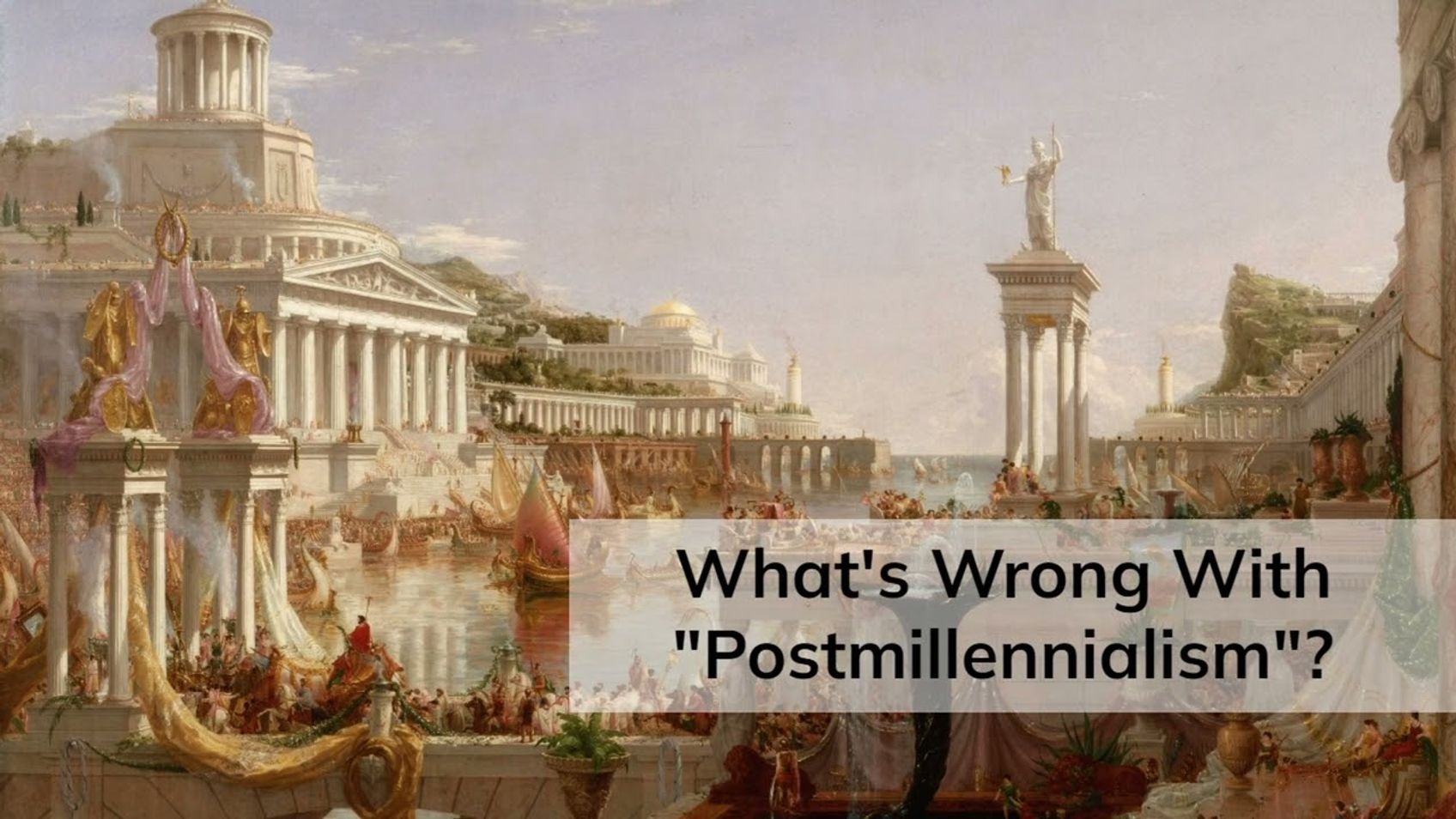What's Wrong With "Postmillennialism"?

I comment on some of the problems with the term 'postmillennialism'.
Read Jeremy Sexton's critique of postmillennialism: https://www.thegospelcoalition.org/themelios/article/postmillennialism-a-biblical-critique/
Follow our Substack, the Anchored Argosy at https://argosy.substack.com/. See my latest podcasts at https://adversariapodcast.com/.
If you are interested in supporting my work, please consider becoming a patron on Patreon (https://www.patreon.com/zugzwanged), donating using my PayPal account (https://bit.ly/2RLaUcB), or buying books for my research on Amazon (https://www.amazon.co.uk/hz/wishlist/ls/36WVSWCK4X33O?ref_=wl_share).
You can also listen to the audio of these episodes on iTunes: https://itunes.apple.com/gb/podcast/alastairs-adversaria/id1416351035?mt=2.
More From Alastair Roberts
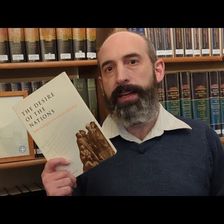
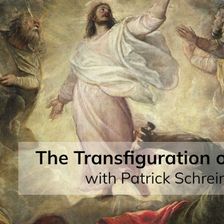
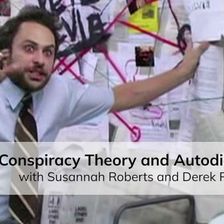
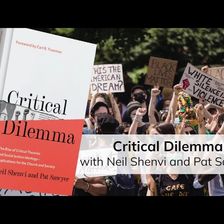


More on OpenTheo















